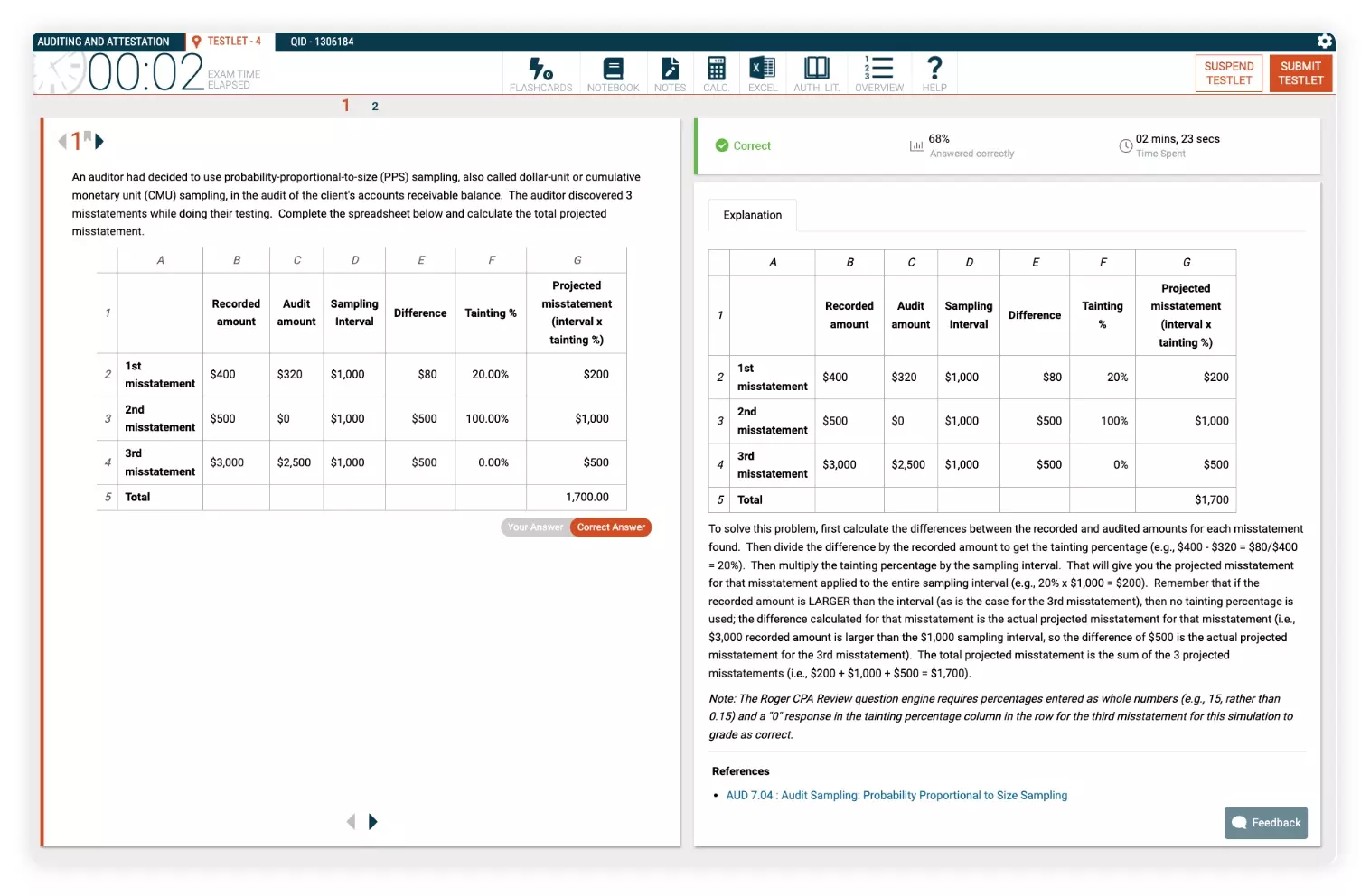Cpa fundamentals of business law exam questions – Understanding the fundamentals of business law is essential for anyone pursuing a career in accounting and finance. In preparing for the CPA examination, candidates must familiarize themselves with a variety of legal principles that govern business operations. These principles include contracts, agency law, and the regulation of commercial paper, among others. Grasping these concepts will not only aid in passing the exam but also equip future professionals with the necessary tools to navigate legal issues in their careers.
You also will receive the benefits of visiting new law business today.

One of the key areas to focus on is contract law, which is foundational in business transactions. Candidates should be able to identify the elements that constitute a valid contract, including offer, acceptance, consideration, and mutual assent. Additionally, understanding the various types of contracts, such as bilateral and unilateral contracts, as well as the implications of breach and remedies, is crucial. Familiarity with landmark cases, such as Carlill v. Carbolic Smoke Ball Co., can also enhance understanding and provide practical examples that illustrate these principles.
Equally important is the concept of agency law, which addresses relationships where one party acts on behalf of another. Candidates should study the duties of agents and principals, as well as the implications of actions taken by agents. Key terms like “actual authority” and “apparent authority” are vital for understanding how these relationships function in practice. Real-world scenarios, such as those involving employment agreements, can help candidates apply theoretical knowledge to practical situations.
Finally, a solid grasp of the regulation of commercial paper, including promissory notes and checks, is necessary. Understanding the Uniform Commercial Code (UCC) and its role in governing these financial instruments will prepare candidates for questions on the exam. Moreover, being able to differentiate between various types of negotiable instruments and their characteristics will be beneficial. This knowledge not only aids in exam preparation but also serves as a valuable resource in everyday business dealings.